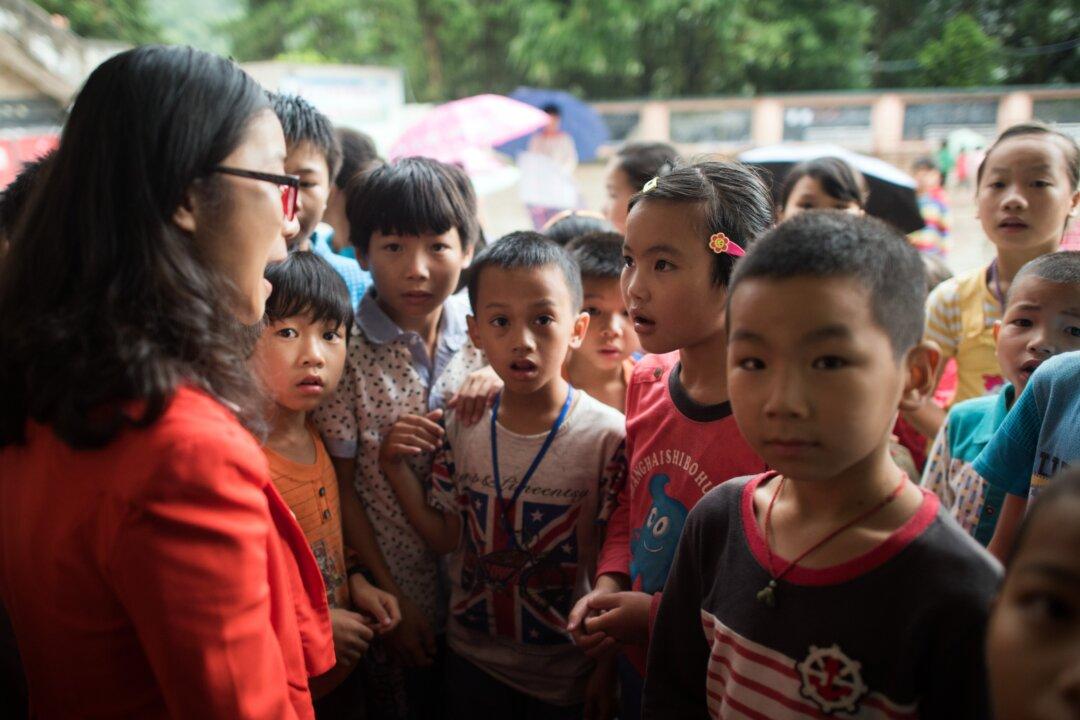A 52-year-old teacher was robbed and beaten to death in the dormitory of an elementary school in southern China on Oct. 18 by three children, the state-run Beijing News reported. The children, aged 11, 12, and 13, did not go into hiding following the killing but instead took the money they stole to an Internet cafe, where two were later arrested.
The other pre-teen was apprehended by police at the school, located in Shaodong County of Hunan Province.
All three suspects are so-called “left-behind children,” that is, the offspring of rural migrant workers who have moved to the cities in search of employment.
Left-behind children, who number 61 million according to state-published figures, live away from their parents for most or virtually all of the year. Some do not even receive calls from their parents during holidays. An estimated two million children are completely unattended by either parent.
These children usually stay behind in their rural communities due to China’s strict household registration policies, known as the hukou system of residency. Without the presence of their parents, who are often too poor to send money home, many left-behind children develop antisocial or criminal tendencies.
According to data published by China’s Supreme People’s Court, left-behind children are responsible for 70 percent of juvenile crime nationwide despite making up 20 percent of the total child population. The Court says that instances of crime among this group has risen an average of 13 percent annually in recent years.




